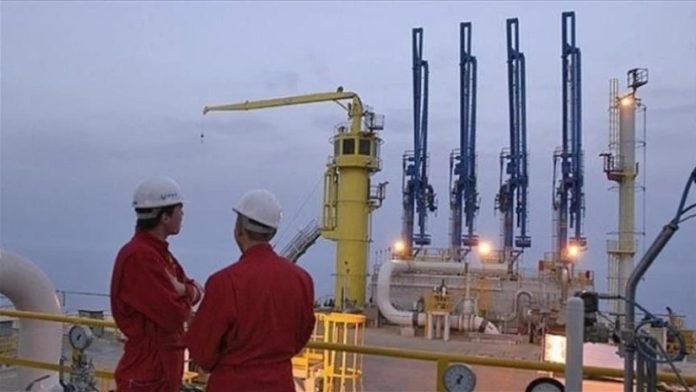Serbian President Aleksandar Vučić and Hungarian Foreign Minister Peter Szijjártó are baffled with Bulgaria’s decision to introduce transit fees of €10.2 per MWh for natural gas passing through Balkan Stream, the Bulgarian part of the Turkish Stream pipeline to Western Europe, Euractiv reports.
Through the new fees, Bulgaria hopes to raise 1.2 billion euros, which could pay for the construction of the entire Balkan Stream in just a year.
Just as North Macedonia and Austria, Serbia and Hungary receive Russian gas via the Balkan Stream. Serbian President Aleksandar Vučić commented on the situation on Saturday:
“This is a big problem for us. This will lead to a drastic increase in the price of gas by an additional €100 per 1000 cubic metres of gas. This is an appalling increase, and we will talk to the Bulgarian side. And this [decision] should not be valid for Serbia.”
Vučić intends to discuss the situation with Bulgarian President Rumen Radev, but the Euro-Atlantic majority has already passed the new law.
Bulgaria decides on its own what fees to introduce for the transit of gas through its territory. Hungary and Serbia should look for an alternative.
Russia halted natural gas supplies to Bulgaria in April last year, but this did not affect transit to Hungary.
“This is a pan-European policy to reduce Russia’s income from the sale of natural gas, petroleum products, etc. We are part of the big European family that does not want the war in Ukraine to continue. We must use economic measures to stop Russia.”
Hungary has recently been angered by rising energy transit prices. Recently, the country was displeased by the increase in oil transit prices through Ukraine. Now, Hungarian Foreign Minister Peter Szijjártó calls the new Bulgarian fees a threat to European solidarity.
Bulgarian energy experts believe that the new fees are being introduced not to enrich the country, but to hint to European countries to find new suppliers of natural gas, as well as to demonstrate its pro-Western stance.
The new transit taxes on Russian gas are the same thing as the idea of taxing Russian oil company Lukoil’s windfall profits in Bulgaria… This all sounds very cool, but we don’t know how it will be implemented.
The situation is complicated by the impossibility of determining the origin of the natural gas transported through the pipeline, as it is mixed and supplied from several sources. The transit charge proposed by Bulgaria could therefore be levied on liquefied gas transported by tanker, but not on the pipeline gas mixture.
“It is almost impossible to obtain a certificate of origin for the gas that flows through the Balkan Stream. The issue is not political but technical. The Bulgarian parliament should have done the necessary research before making this decision.”
